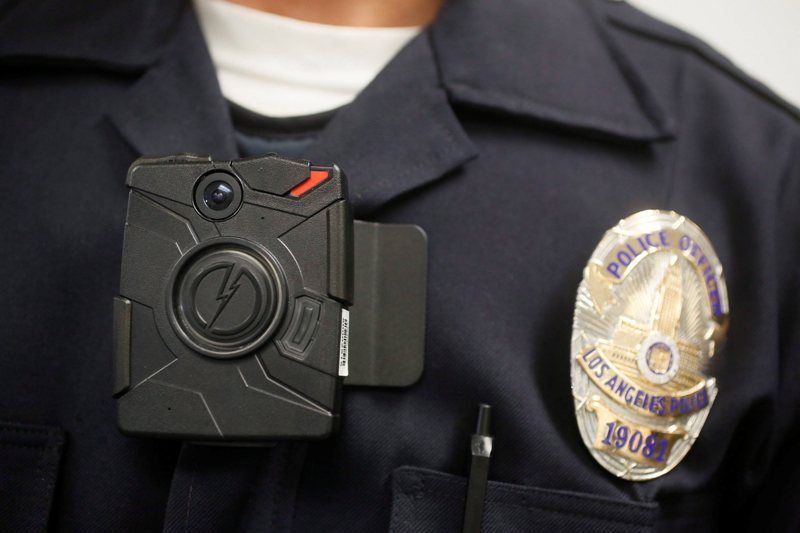TORONTO – Canada’s privacy commissioners are urging the country’s law enforcement agencies to keep citizens’ privacy in mind before equipping officers with body cameras.

They’ve been recommended in the wake of several high-profile police shootings, including the deaths of teenagers Sammy Yatim in Toronto and Michael Brown in Ferguson, Mo., last year (although calls for their use in the U.S. were quelled somewhat after the officer who put Eric Garner in a chokehold as he choked to death was not indicted despite video evidence of the act). A University of Cambridge study found equipping officers with body cameras can reduce use-of-force complaints.
But federal and provincial privacy commissioners in Canada released a new document Wednesday reminding police forces any use of body-worn cameras must comply with privacy law, as the video captured by police could contain personal information. The document is designed to help guide police agencies rolling out these devices.
READ MORE: Body-worn cameras can reduce use-of-force, complaints to police: study

Get breaking National news
“There are clearly benefits to the use of body-worn cameras, however, there are also significant privacy implications,” said federal Privacy Commissioner Daniel Therrien in a statement. “Given this, and as more and more policing organizations consider adopting this technology, we are encouraging them to address those privacy issues upfront to ensure they strike the right balance between law enforcement needs and the privacy rights of Canadians.”
The document says police should weigh the expected benefits from the use of such cameras against the impact on privacy and personal information. It also suggests that police consider pilot projects before fully implementing body-worn cameras.
His New Brunswick counterpart Anne Bertrand said in a statement she recognizes body-worn cameras will “quickly become the norm in Canada for police agencies.”
“For this reason, it is incumbent upon my colleagues and I to offer good guidance to police forces on the best practices when equipped with these recording devices: remain mindful of citizens’ privacy while carrying out your duties.”
One question the document highlights is whether cameras worn by police will be recording continously or only when activated.
The document acknowledges continuous recording may be preferable because it captures an unedited version of the officer’s actions and removes the ability for an officer to manipulate the recordings. But from a privacy standpoint, less recording is better.
“From a privacy perspective, collecting less or no personal information is always the preferred option. The less time BWCs are turned on, the less personal information they will collect,” the guidance document reads. “Minimizing the personal information collected decreases the risk that personal information will be used or disclosed for inappropriate or unintended purposes.”
Other guidelines recommended include:
- Requiring officers to notify the public of the camera during encounters.
- Take proper steps to safeguard the recordings with encryption, restricted access and deleting the data after a specific period of time.
- Blurring the faces of bystanders when images are shared with the public for the purpose of identifying someone.
The Toronto Police Service is launching a body-worn camera pilot project this month involving 100 officers across different divisions, including its traffic services and its Toronto Anti-Violence Intervention Strategy (TAVIS) team, a specialized team deployed to neighbourhoods that need extra community policing.








Comments